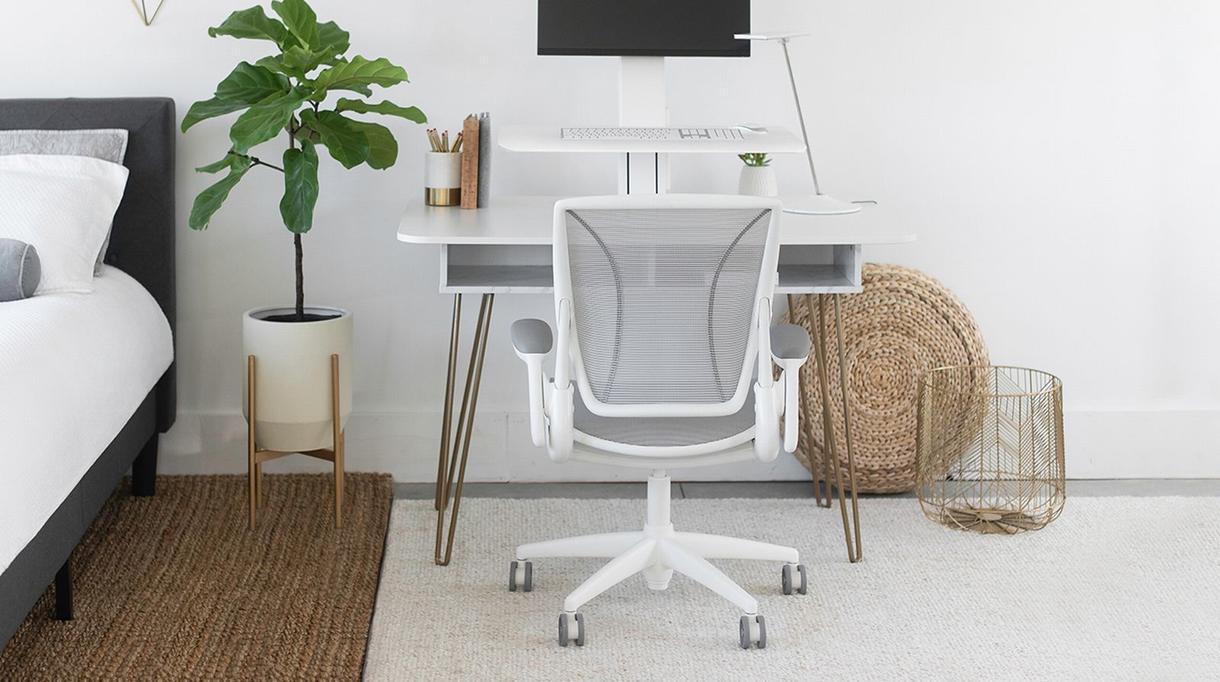In the early 1980s, Bob King started to notice something. As computers became a common element of the corporate office, employees everywhere started developing neck and back problems—they just didn’t know how to sit properly with these ubiquitous new devices. He started a company, Humanscale, dedicated to solving the problem with a line of ergonomic furniture. It was a hit, and King’s company has enjoyed a successful 40-year run at the upper tier of the contract market (the manufacturer’s Freedom task chair retails for $1,099).
All that is to say that when the pandemic struck and offices became ghost towns, it was a dire time for King’s company. “It was pretty traumatic for us. ... At that point we probably did 90 percent of our sales revenue through large corporations, [and] they closed pretty much every office around the world,” he tells host Dennis Scully on the latest episode of The Business of Home Podcast. “What was interesting, of course, was that our residential business tripled.”
The present moment, with its mass embrace of remote work, echoes Humanscale’s origins. Then, people didn’t know how to sit with computers at work. Now, they’re trying to figure it out in spare bedrooms, kitchen tables, closets and playrooms. “People [have been] buying things for their home. Lots of times, they didn’t know what to buy for their home—they would buy a really nice chair, but they’d be sitting at a workstation that was way too high or way too low,” he says. “We have photos of people working in the craziest ways at home. The problems we had at the office are going to be dwarfed by what we have [now].”
In this episode of the podcast, King shares the key to setting up a good workspace at home, discusses the challenge of making an aesthetically pleasing office chair, and urges designers to push their vendors harder on sustainability issues.
“Just recycling alone is not that meaningful,” he says. “Even if it gets recycled, how much damage did it do to the environment, to wildlife, to people when it was being made? It’s the making of a product that causes climate damage, not the disposal of it. So we want to make less stuff, and it’s important that things last.”
Listen to the show below. If you like what you hear, subscribe on Apple Podcasts or Spotify. This episode was sponsored by Ben Soleimani and SideDoor.
Homepage photo: Courtesy of Humanscale





























